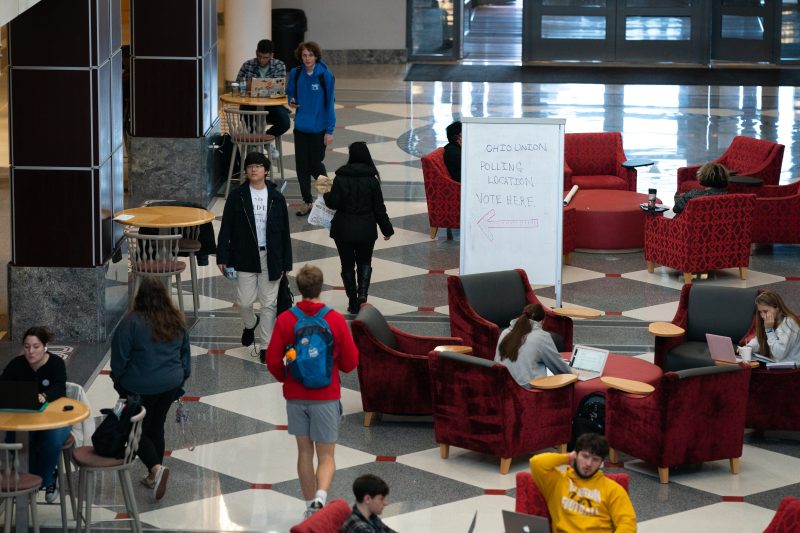Section 1: The Impact of Republican Laws on College Students’ Voting Rights
In recent years, the issue of voting has become increasingly contentious in the United States. With the introduction of new voting laws, college students are finding it harder than ever to exercise their fundamental right to vote. These laws, often championed by Republican lawmakers, have raised concerns about voter suppression and its impact on the democratic process. This article will delve into the specific challenges faced by college students, shedding light on how these laws disproportionately affect their ability to participate in elections.
Section 2: Voter ID Laws and Inaccessible Identification Requirements
One of the key components of Republican-backed voting laws is the implementation of strict voter identification (ID) requirements. While the rationale behind such laws is to prevent voter fraud, studies have shown that they disproportionately affect minority and low-income communities, including college students. Obtaining the necessary identification can be a significant burden for students who may lack the time, financial resources, or legal residence documentation required.
Furthermore, many college students may not have a driver’s license, which is often required to meet ID requirements. This poses a significant obstacle, particularly in states where student IDs are not accepted as valid identification at the polling booth. Thus, these laws create an unequal playing field, where students from wealthier backgrounds or with access to transportation find it easier to meet the ID requirements, leaving less privileged students disenfranchised.
Section 3: Restrictive Registration Requirements
Another area of concern for college students is the introduction of restrictive registration requirements. Some Republican-led legislatures have implemented laws that limit voter registration options in ways that disproportionately affect college students. For instance, laws that restrict the use of out-of-state IDs or if they mandate that individuals must register at least 30 days before an election can be particularly problematic for college students.
College life often entails frequent moves, as students transition between dorms, off-campus housing, or even home during breaks. In such a mobile environment, having strict registration deadlines or requiring individuals to change their residency to the state where they attend college can be an onerous task. These requirements can discourage students from engaging in the voting process altogether, leading to lower turnouts among college-aged voters.
Section 4: Reduction of Early Voting Access and Absentee Ballot Restrictions
Republican-led voting laws have also targeted early voting access and imposed crucial restrictions on absentee ballots. Early voting is essential for college students who may have busy schedules, as it allows them to cast their ballots at their convenience. By limiting early voting days or locations, these laws effectively discourage participation among college students who may struggle to find the time to vote on Election Day.
Furthermore, restrictions on absentee ballots can have a significant impact on out-of-state college students. Many young adults move away from home to attend college, often in a different state or even across the country. Absentee ballots provide an avenue for these students to cast their votes, but limitations, such as strict deadlines or stringent eligibility requirements, can limit their ability to participate in the democratic process.
Section 5: The Need for Positive Change and Conclusion
As college students confront mounting obstacles to exercising their voting rights, it is vital to recognize the potentially dire consequences of these Republican-led laws on our democracy. By disproportionately affecting already marginalized communities, these laws threaten to silence the voice of young adults, hindering their ability to shape the future they will inherit.
It is essential for lawmakers and advocacy groups to address these issues head-on and work towards ensuring equitable access to the ballot box for all citizens, including college students. By pushing for legislation that removes barriers and makes voting more accessible, we can safeguard the fundamental rights of all Americans, ultimately strengthening our democracy for future generations.
